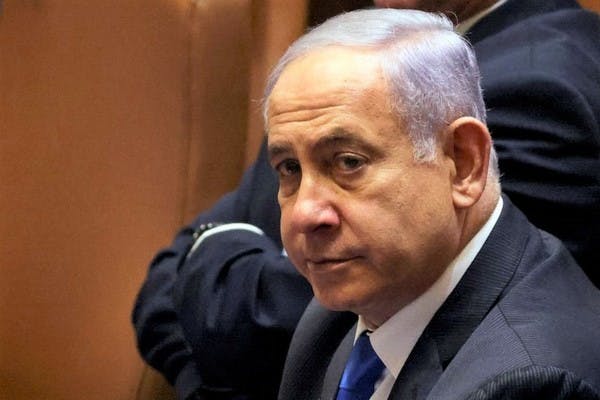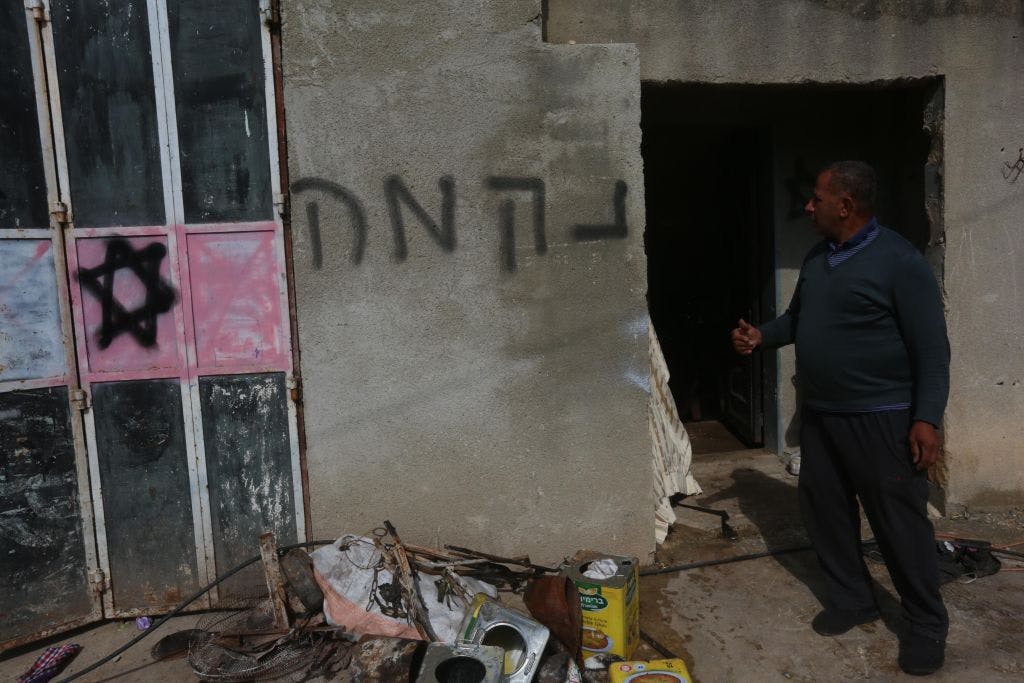Published: 13 October 2023
Last updated: 5 March 2024
Peace activist LIEL MAGHEN received many messages this week from Palestinians appalled by the actions of Hamas.
Keshet’s community had been looking for him for days when his body was found. He was a laughing, happy man who I have known since he was a little kid. He was one of the 260 young people murdered by Hamas at the Nova Festival.
A friend from the south told me that no one from her childhood circle has survived. Three generations, including Holocaust survivors and babies, were killed, some burned to death. I heard that an orphanage was opened for many babies who have been found but all their family members are dead. No family member is left to take care of them.
I am unable to explain the amount of pain that Israelis are experiencing. It looks like a complete darkness. For me, the only ray of light this week has been the messages I have received from my Palestinian friends
Maysaloun was the first to call. She rang immediately on Saturday morning while the massacre was still raging. She expressed her pain and her compassion for Israelis, and grief about what we are doing to each other. Then Osama, a friend and fellow peace builder, sent me a message about his horror at the violence done in his name. He still believes in peace and has hope.
As someone who has worked on joint Palestinian-Israeli peacebuilding projects for years, my phone kept receiving messages from Palestinian friends: Mariam, Nour, Reema, Aziz, Mahmoud and many more. Even my friends from Gaza managed to contact me to express the pain that they feel about the Hamas attacks on Israeli civilians. Another friend, Jawdat, has said that he understands the pain and resulting disbelief that I may have. He will keep our shared torch for now until I will return.
Later their messages of fear began. Haneen, a refugee from Gaza, broken from all the violence, told me she was terrified for what will happen to her family as Israel mounts retaliatory raids to root out Hamas.
I heard these Palestinian friends crying with me. Not defending. Not explaining. Shocked and shamed. And I know they are not alone. Others like Rajaa Natour, Ameer Fakhoury and others have expressed this publicly.
I heard regret, I heard recognition of the pain. Some said that their cause has been manipulated and abducted. Like me, and other Israelis in the peace movement, they know this can harm decades of advocacy towards peace, freedom and equality. Hamas never represented these values.
In this darkest of times, when Israel feels suffocated by pain, these connections were like a breath of fresh air, a reminder of our shared humanity and the only direction to move forward. These messages were a call that against those who inflict these division, hatred and unbearable violence, our only remedy can be to choose life. To choose peace. To differentiate between those who inflict violence and the rest of us who want to just live.
Anything else will lead to more violence, to the triumph of those who make us hate. And that is exactly what Hamas want.
Hamas want us to take vengeance, to become monsters, to use extreme violence. Extreme violence by Israel and Israelis fits their agenda of promoting a complete bloodshed. Maybe a regional war with a potential for a civil war in Israel between citizens. Just like in Syria and Yemen, they want to polarize us, according to religious lines. It works for them there, and for us? Everything will just add up to a pile of horrors that will come.
This is why the language we embrace now is important. If all Palestinians – civilians, children, elderly people – become the enemy, we lose our humanity.
This week it seemed impossible to hold both pains, to find empathy and humanity in the face of such violence. But it is necessary.
But I don’t envy my Palestinian friends in this moment. They are living with the horror inflicted in their names and the fear of Israel’s response. They truly wish for freedom and equality, of recognition of their state and afraid that now another wave of refugees will be created, with no ability to return home.
Even in the midst of my own grief and pain, I must find a way to recognise that they are hurting too. That there can be a differentiation between Hamas and the rest of the Palestinians living with us in this shared land, side-by-side.
Life will be renewed in the country only by creating a place in our hearts that can believe in our shared humanity. If we don’t want more weeks like this one, we don’t have any other option.
I still believe, one day peace will happen.
Eventually. It will happen.
Yehuda Amichai, one of Israel’s greatest poets, wrote:
From the place where we are right
Flowers will never grow
In the spring.
The place where we are right
Is hard and trampled
Like a yard.
But doubts and loves
Dig up the world
Like a mole, a plow.
In these days of darkness. This mole is our only way to bring in the rays of light.
Photo: People attend a commemoration ceremony for the victims in Israel, Vienna 11 October 2023 (EPA/Christian Bruna).




